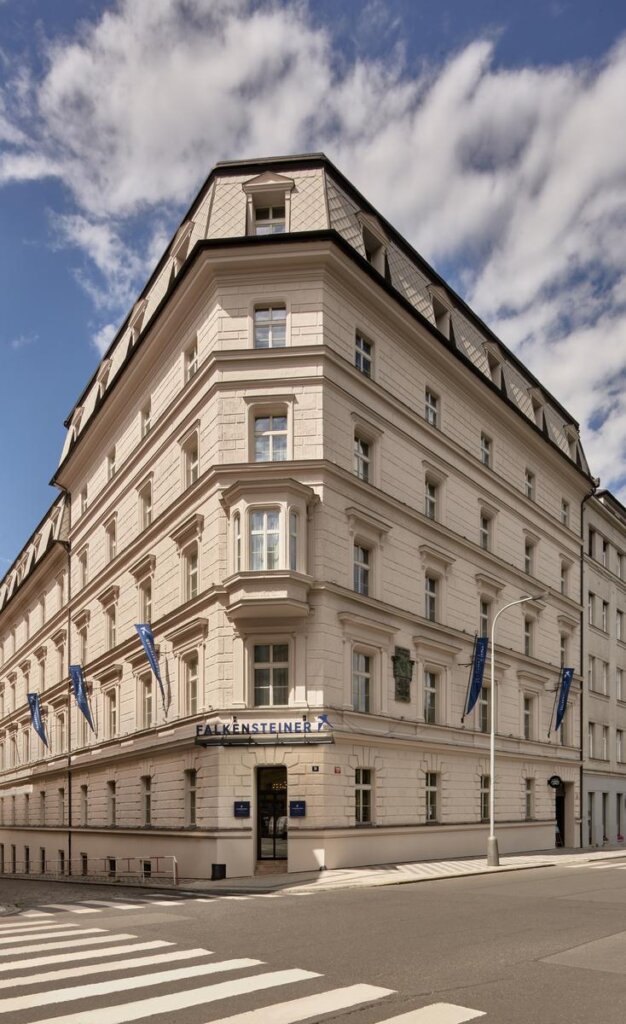Between Piña Colada and PowerPoint: The Workation trend is experiencing a continuous upswing. Which destinations are particularly suitable for workation? Why do employers also benefit from the new model? And what are the legal aspects? We have investigated.
Answering emails on a palm-fringed beach in the sun instead of in a noisy open-plan office in the city: sounds almost too good to be work, doesn’t it? In fact, more and more people are discovering the benefits of workation. As the name suggests, work is combined with a holiday. After all, if all you need for your daily business is your laptop, then it’s easy to work from the most beautiful places in the world. Or is it? We show you how it works.
Working in flip-flop mode: How Workation pushes the boundaries of the working world

The Corona pandemic proved to many employers that many classic office jobs can also be done well in a home office – without compromising internal communication or productivity. The next step in remote work is workation: the hotel room in Bali, Cuba or Mallorca becomes your new place of work. Surf a round in the morning, jump into the sea to cool off at lunchtime and stroll along the beach promenade in the evening: Thanks to Workation, free time before and after work becomes holiday time without having to take extra days off. Employees report improved creativity and stress reduction, which in turn increases productivity and job satisfaction. Thus, the employer also benefits from the model.
Bikini and business: the most popular workation destinations
Modern infrastructure with stable internet access is a prerequisite for a successful workation. Make sure that if your work equipment is damaged or lost, you can easily find a replacement on-site.
Equipment such as printers and scanners should also be available in the accommodation or the immediate vicinity.
The following destinations are particularly popular:
Thailand
Thailand is a magnet for digital nomads and workation enthusiasts. Popular destinations like Chiang Mai offer a combination of affordable living costs, stunning nature and a well-connected community of remote workers.
Bali
The Indonesian island has become a hotspot for workation thanks to its stunning beaches and relaxed atmosphere. There are numerous co-working spaces and cafés that are ideal for focused work.


Portugal
Cities like Lisbon and Porto, in particular, have become popular destinations for workation in recent years. Portugal offers a high quality of life, a low cost of living and a modern infrastructure for digital work.
Costa Rica
Costa Rica is a paradise for nature lovers: the lush landscape, beaches and hospitable atmosphere make it an attractive destination for workation.
Work hard, travel harder: legal requirements
In Austria, employees currently have no legal entitlement to remote work, so a workation must be agreed between employer and employee. Before planning the work placement, it is essential to agree on tax and social law aspects, the duration, possible reimbursement of costs and the guarantee of accessibility. Incidentally, in the case of workation within the EU, employees remain in the Austrian social security system if they usually perform at least 25 per cent of their total work in Austria.
A challenge can also be major differences in time zones or the legally restricted use of various social media platforms in some countries. In any case, you should discuss your workation with your boss and plan it together.
The Caribbean Code: Teamwork as the Key to Creativity
Do you always have a lot of fun at work with your colleagues? Why not go on a workation together? Especially for many small start-ups, the joint working holiday is becoming more and more popular. This is because such a team work session is particularly suitable for fine-tuning the company’s vision together in a relaxed environment, defining new work steps, strengthening team cohesion or finding new solutions to existing problems.

After all, a change of perspective often leads to innovative approaches and fresh ideas. It is best to plan small workshops on topics that your company is currently dealing with. But don’t forget to plan enough time for daily business. The evenings can then be used for joint team-building activities.
So, have you already planned your next workation? By the way, you don’t always have to go to the sea: How about a work & travel holiday in Prague? Talking about new ways of travelling: retreats are not growing in popularity for nothing.








